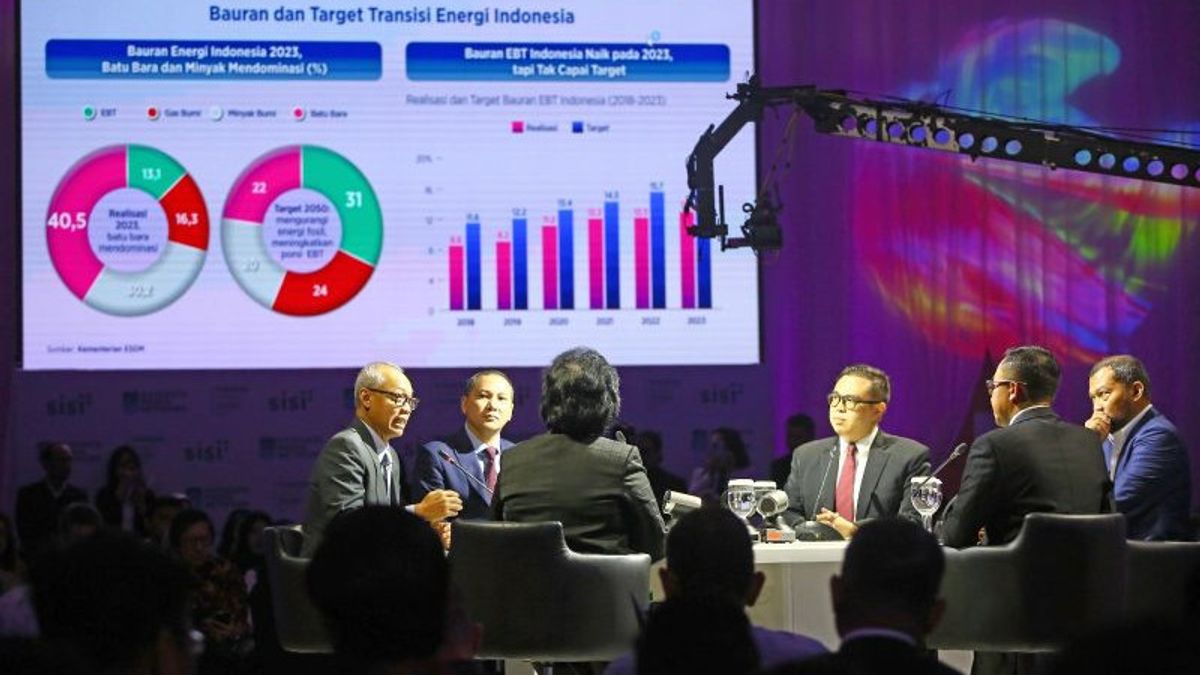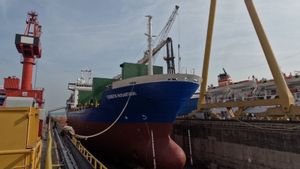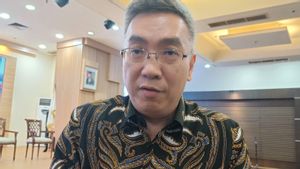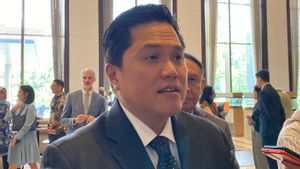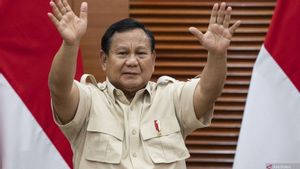JAKARTA - Director of Exploration of PT Pertamina Hulu Migas (PHE) Muharram Jaya Panguriseng said efforts to create a cleaner environment and realize energy resilience in the future need to go hand in hand.
This is because the national energy needs in the future will continue to rise, and that needs to be fulfilled from fossil energy and new and renewable energy (EBT).
"Everyone agrees that going green is absolute, but when? The problem is, it's like two currencies, on the one hand go green, on the other hand energy resistance. Both must roll as our strength," said Muharram as quoted by ANTARA, Tuesday, March 5.
Reflecting on the importance of creating energy security, Pertamina is aggressively exploring to find sources of oil and gas (oil and gas).
The reason is, fossil energy is still very much needed in the energy transition process.
He revealed, in 2023 the national energy requirement will reach 245 mega tons, equivalent to oil with a new EBT contribution of around 13.1 percent. Meanwhile, the primary energy requirement in 2050 is projected to reach 1,000 mega tons of oil equivalent. In that period, the portion of EBT is estimated at 32 percent.
"When we see that there is still 44 percent oil and gas in 2050 that must be fulfilled, that is our spirit at Pertamina to continue to explore, because if not, we are risking the nation to become a consumer," said Muharram as well.
Therefore, he said again, Indonesia must be wise in looking at the energy transition process. Gradually, Indonesia needs to ensure that the energy generated is cleaner, but also needs to ensure the safety of primary energy security in the future.
He revealed how Pertamina took to make this happen. Based on the analysis carried out, there are three groups of oil companies in response to the Paris Agreement.
First, there is a company that immediately takes a go green position. Second, oil companies that continue their fossil energy business while growing green energy.
"If we look at them, their capital expenditure is around 30 percent to develop green energy," he also said.
Third, he said again, there are oil companies that continue to grow by relying on fossil energy.
However, these companies also ensure solutions to reduce carbon.
PHE is in this group by trying to reduce carbon emissions in operational activities through carbon capture storage (CCS)/carbon capture, utilization, and storage (CCUS) technology.
"We are trying not to be a contributor to carbon, but at least we are making efforts to reduce carbon through CCS/CCUS. We are also maintaining national energy security, because this nation still needs it. It's different if we have received renewable energy where Indonesia is confident to switch to EBT," he said.
SEE ALSO:
In addition, Muharram said, currently PHE is studying one of the very clean energies, namely hydrogen.
PHE is working on a type of hydrogen, namely geological hydrogen taken directly from nature.
He revealed that one of the countries that have done this is Australia. Interestingly, the hydrogen is obtained from old oil and gas wells.
We are trying to find ways to find new sources of clean energy. What's even more interesting is that one kilogram of hydrogen can produce 40 kilowatt hour, meaning this is a very good burning," he concluded.
The English, Chinese, Japanese, Arabic, and French versions are automatically generated by the AI. So there may still be inaccuracies in translating, please always see Indonesian as our main language. (system supported by DigitalSiber.id)
